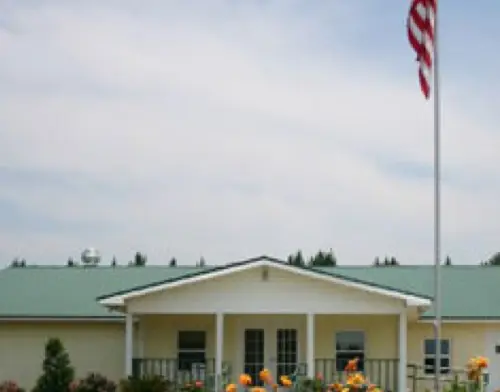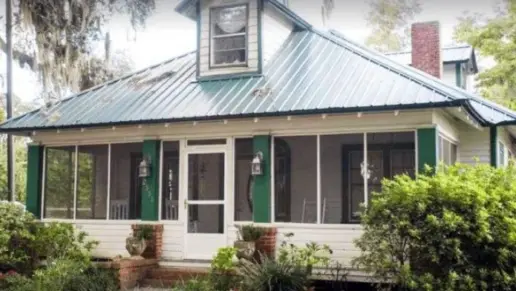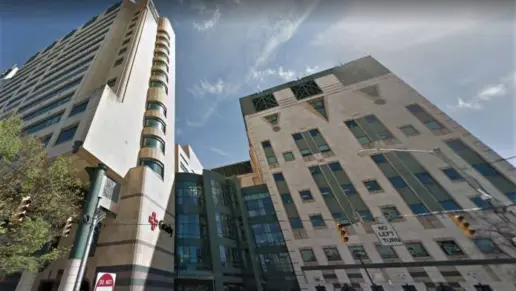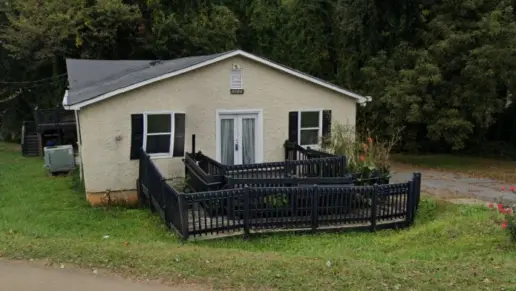Bridges of Hope saved my life
About Bridges of Hope IV
Bridges of Hope – Morven is a women’s alcohol and drug recovery program in Morven, Georgia, located on 70 acres of breathtaking farmland. They offer residential treatment for drug and alcohol addiction using a 12 Step approach. Bridges of Hope – Morven is an alternative to drug rehab and doesn’t utilize traditional evidence based approaches like therapy and psychiatric services. They do not accept insurance coverage.
Inpatient rehab provides a secure environment for people to reside in while receiving ongoing care throughout their treatment journey. Clients participate in daily recovery activities including morning devotionals, Alcoholics Anonymous (AA) and Narcotics Anonymous (NA) meetings and small group meetings. Residents build a sense of self sufficiency by working together to maintain the facility. Staff assign clients daily work responsibilities such as housekeeping, repair, maintenance, woodworking and gardening. They also arrange aftercare services including sober living homes, education enrollment and other care.
Bridges of Hope – Morven utilizes the 12 Step principles to inspire psychological, emotional and spiritual growth. The 12 Steps encourage surrendering control over addiction and seeking guidance from a higher power to reach sobriety and stay strong in recovery. AA and NA do not require a specific religious affiliation, and clients can look to a higher power of their choice.
Facility Overview
Latest Reviews
Rehab Score
Gallery
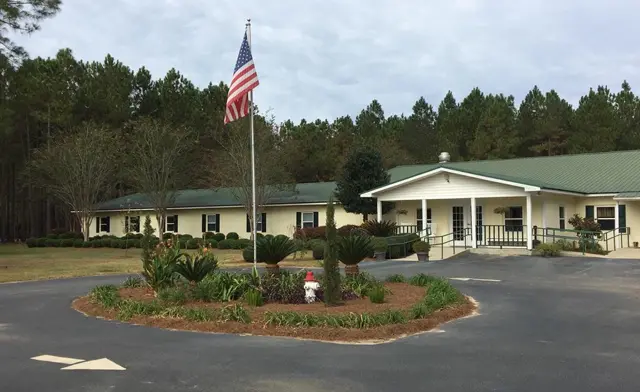
Location
Other Forms of Payment
Private insurance refers to any kind of healthcare coverage that isn't from the state or federal government. This includes individual and family plans offered by an employer or purchased from the Insurance Marketplace. Every plan will have different requirements and out of pocket costs so be sure to get the full details before you start treatment.
Self-pay involves paying for treatment out of your own pocket. You can use savings or credit, get a personal loan, or receive help from family and friends to fund your treatment. If you don't have insurance or your insurance plan doesn't cover a specific program, self-pay can help ensure you still get the care you need.
Addiction Treatments
Levels of Care
Treatments
The goal of treatment for alcoholism is abstinence. Those with poor social support, poor motivation, or psychiatric disorders tend to relapse within a few years of treatment. For these people, success is measured by longer periods of abstinence, better health, and improved social functioning. Recovery and Maintenance are usually based on 12 step programs and AA meetings.
A quality drug rehab in Georgia can help you overcome addiction. This environment is designed to help you address the complex issues contributing to drug dependence. The goal of treatment is to give you the tools you need to make a full recovery.
Substance rehabs focus on helping individuals recover from substance abuse, including alcohol and drug addiction (both illegal and prescription drugs). They often include the opportunity to engage in both individual as well as group therapy.
Programs


Clinical Services
Group therapy is any therapeutic work that happens in a group (not one-on-one). There are a number of different group therapy modalities, including support groups and more. Group therapy involves treatment as well as processing interaction between group members.
Men and women in Georgia may experience Motivational Interviewing techniques while undergoing individual therapy for drug and alcohol addiction treatment. This approach helps you explore how you feel about drug use and it strengthens your commitment to maintaining treatment. It is particularly useful in the early stages of recovery.
Amenities
-
Residential Setting
-
Private Rooms
Staff

Chairman

Vice-Chairman
Contact Information
10031 Coffee Road
Morven, GA 31638
